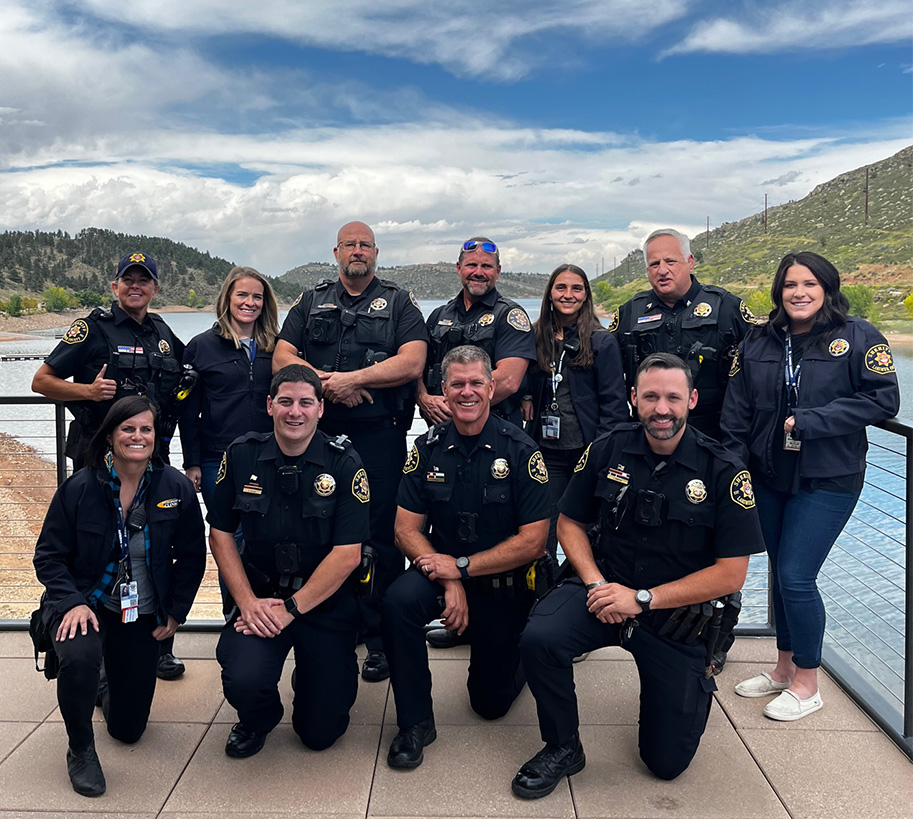If you are currently having thoughts of suicide or experiencing a mental health crisis, call 911 now.
To contact the on-duty Co-Responder team, please call (970) 416-1985.
Not sure where to start? Click here to find the best resource.
The Larimer County Sheriff’s Office Co-Responder Unit (CRU) is a specialized unit within the Operations Division.
- Responds to calls for service to help de-escalate crisis and critical situations
- Helps people experiencing crisis and their loved ones
- Connects people with necessary, life-saving crisis resources
The unit was formed in direct response to a growing community need for crisis intervention in mental health and substance use, or co-occurring conditions. The Co-Responder Unit works with clinicians from SummitStone Health Partners to support community members.
Co-responder Unit members are specifically selected for their knowledge, skills, and abilities in effective communication, active listening, and de-escalation. They all have a strong desire to serve and make a positive difference in the lives of those experiencing a mental health illness or emotional crisis.
Our goal is to help, not harm.
Please contact us at (970) 498-5139 or via email at sheriff-co-responders@co.larimer.co.us. Our Co-Responder Unit can help you navigate local resources or provide crisis intervention assistance to you or a loved one. If this is an emergency, please call 911.



